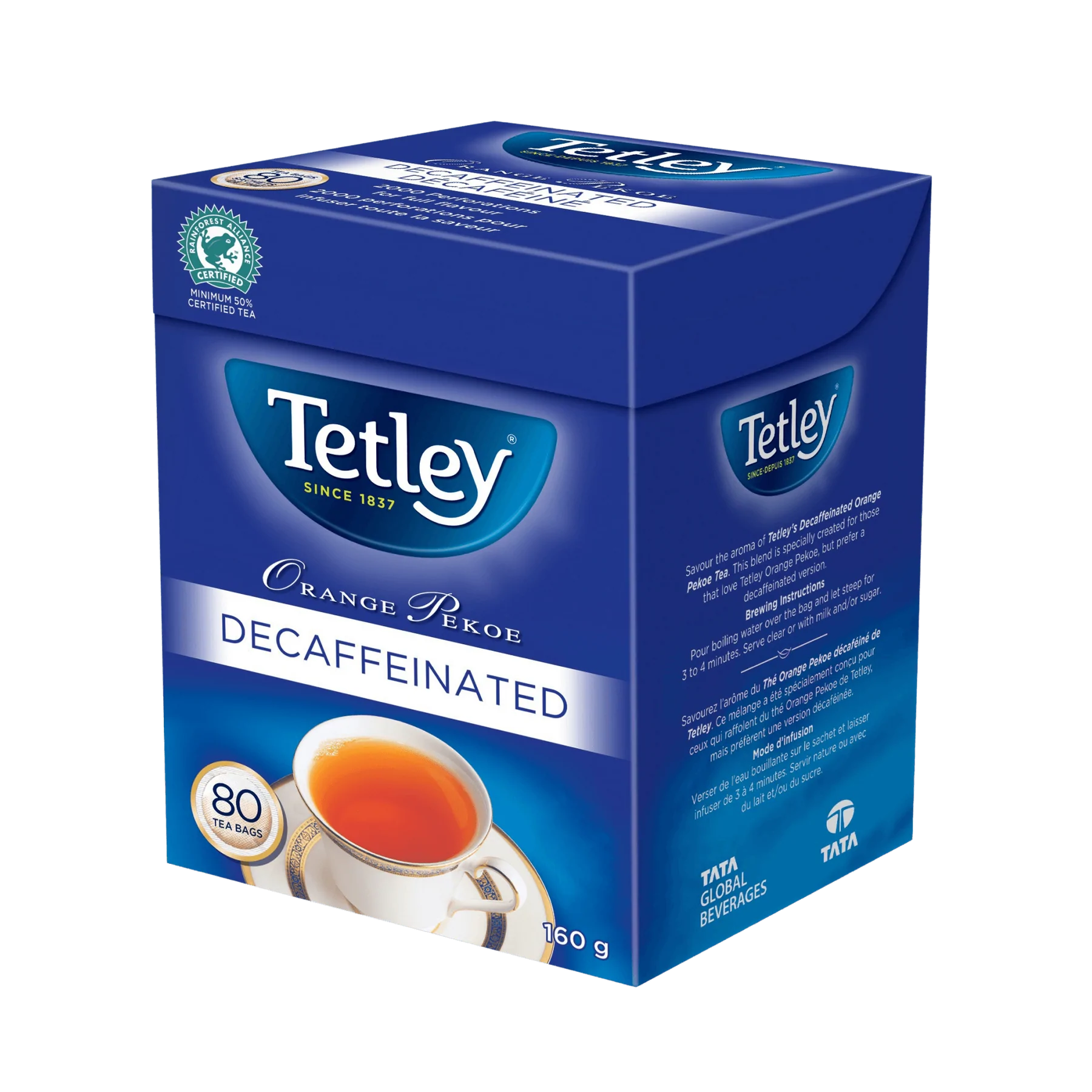Lyons Decaf Blend
★★★★☆
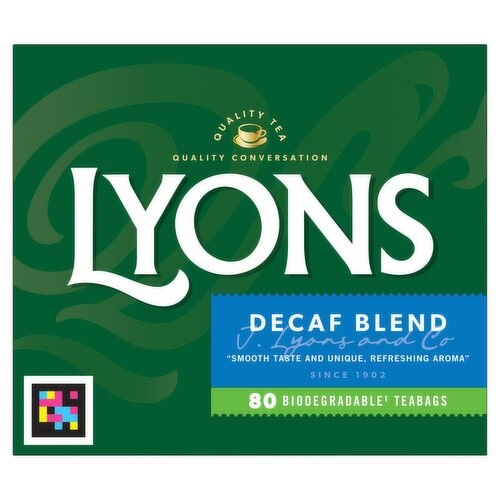
Your spot for a great decaf cuppa, with information, reviews, and more
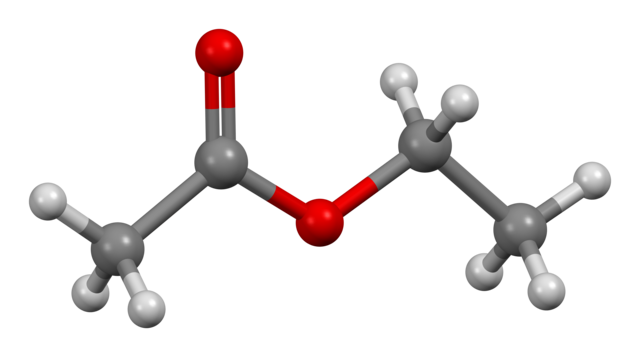
In the US, the FDA allows ethyl acetate to be used to decaffeinate coffee and tea if it is "used in accordance with current good manufacturing practice".
Health Canada's food safety regulations for extraction solvents allows for up to 50 p.p.m. of ethyl acetate to be present in tea leaves treated with the substance.
From Twinings:
After the tea leaves are moistened with water or steam, the process selectively absorbs caffeine and removes it from the tea. Afterward, ethyl acetate is removed, and the leaves dried. Ethyl acetate is an organic compound that is found in tea, coffee, and fruit, and provides for a safe and effective decaffeination method.
From Tetley:
Tetley's Decaffeinated Teas are decaffeinated using ethyl acetate. The solvent used, ethyl acetate, is a combination of vinegar acid and the ethyl alcohol that comes from the fermentation of sugar cane (Reinhold Zenger—Plant Extract). The tea leaf goes through a process in which it is moistened with water and/or steam. The moistened tea then comes into contact with ethyl acetate, which selectively absorbs caffeine and removes it from the tea. Any excess ethyl acetate is eliminated from the tea as it dries. The use of ethyl acetate as a decaffeinating agent has the full approval of the Food and Drug Administration (FDA).
A first steep of a tea decaffeinated with ethyl acetate resembles the second steep of a non-decaf tea. The flavour generally isn't very strong, and unless you're making a small cup, we recommend doubling the amount of tea you'd usually use.
★★★★☆

★★☆☆☆
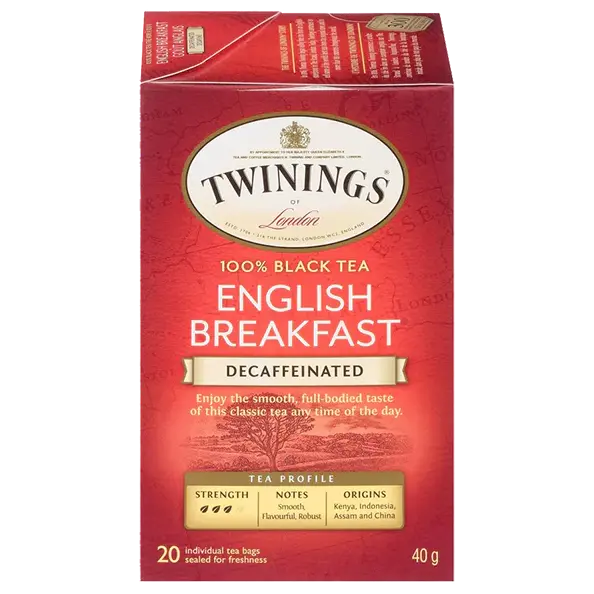
★★★★☆
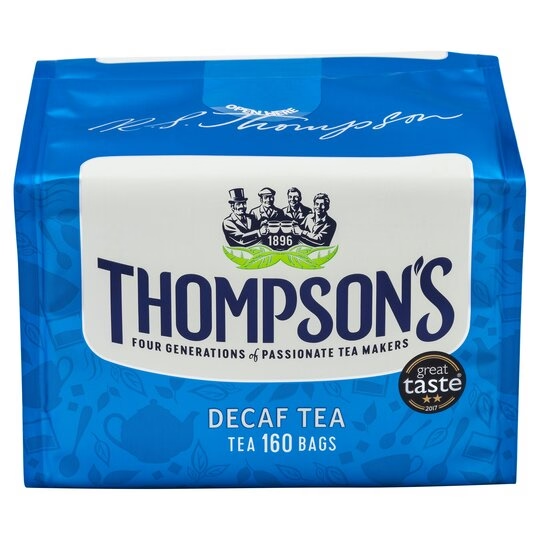
★★☆☆☆
